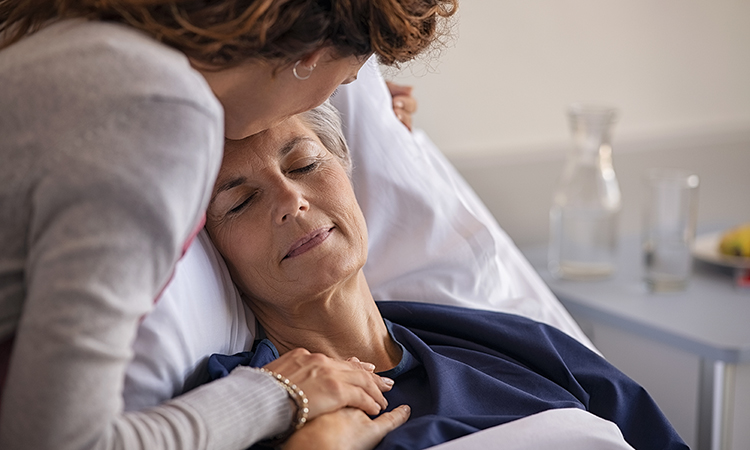
Genetic mutations can play a significant role in the development of breast cancer. Inherited genetic mutations, such as those in the BRCA1 and BRCA2 genes, can significantly increase a person's risk for developing breast cancer. In this article, we'll explore what genetic mutations are, how they can affect your risk for breast cancer, and important guidelines for genetic testing.
What is a Breast Cancer Genetic Risk Factor?
Genetic risk factors are changes or mutations in genes that increase the likelihood of developing certain diseases, including breast cancer. Inherited mutations in certain genes, including BRCA1 and BRCA2, can significantly increase a person's risk for developing breast cancer. These mutations can be passed down from one or both parents and can affect both men and women.
Hereditary Breast Ovarian Cancer Syndrome
Hereditary breast ovarian cancer syndrome (HBOC) is a rare condition that affects families with strong histories of breast and/or ovarian cancer caused by genetic mutation. Mutations in BRCA1 or BRCA2 genes are the most common cause of HBOC, and they can significantly increase a person's risk for developing breast cancer. However, other genetic mutations such as ATM, TP53, CHEK2, PTEN, CDH1, and STK11 can also contribute to an increased risk for breast cancer.
Genetic Mutations and Risk for Breast Cancer
About 5 to 10 percent of breast cancer cases are hereditary, or caused by inherited genetic mutations. Women with a BRCA1 or BRCA2 gene mutation have a much higher risk of developing breast cancer, with some studies indicating a risk as high as 60 percent. The National Comprehensive Cancer Network recommends genetic testing for certain women to determine if they carry a gene mutation increasing their risk for developing breast cancer.
Guidelines for Genetic Testing
The National Comprehensive Cancer Network has established guidelines for genetic testing based on family history and other risk factors. Women who meet certain criteria, including a family history of breast or ovarian cancer, Ashkenazi Jewish heritage, or a personal diagnosis of breast cancer before age 45, may benefit from genetic testing. Genetic testing can provide important information about a woman's risk for developing breast cancer, as well as inform medical decisions about screening, prevention, and treatment.
Conclusion
Learning about genetic mutations that increase your risk for breast cancer can be daunting, but with early detection and treatment, you can lead a healthy and cancer-free life. If you have a family history of breast cancer or meet certain risk factors, talk to your doctor about genetic testing and other breast cancer screening and prevention options.
Breast Cancer Risk Assessment at Breastlink
At Breastlink, we believe knowledge is power. We want to help you better understand your personal risk for developing breast cancer, so that you can make the best lifestyle choices and health care decisions to promote your breast health.
Our comprehensive risk assessment program is designed to provide you knowledge of your personal risk factors and is covered by most insurance plans. Visit our Risk Assessment Program.

